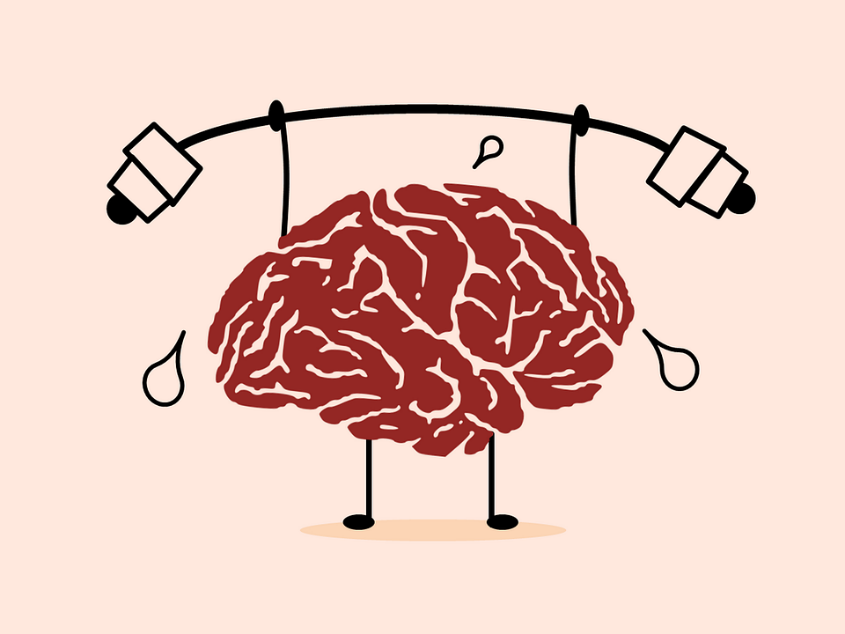This blog post documents my experience of being a neurodivergent student at The Open University.
Navigating Learning at the OU: Neurodivergence

Studying at The Open University has been a pretty big deal for me, especially since I’m neurodivergent with ADHD and Autism. When I decided to take this step to join U101 and become a design student, I was both excited and a little nervous about how it would all turn out. I can say it has been life-changing in many ways.
One of the best things I have found about studying at The Open University is its flexibility. Flexibility is something I need when it comes to managing my ADHD. Staying focused can be tricky, but being able to learn on my schedule takes a lot of stress off my plate. I set up my study environment to suit my needs, found a quiet spot in my home, and put on some café jazz music and built-in breaks. I find that the Pomodoro technique is beneficial in aiding my concentration, ensuring I don’t become hyperfused about the task.
The way the courses are structured works for me, too. I’ve always found traditional education a bit overwhelming, especially with the strict deadlines, schedules and high pressure to perform well academically. As a student at The Open University, I feel like there’s a community of students who understand the need to accommodate different learning styles. The online VLE platform has many resources, like interactive materials in various formats and forums for student discussions.
Social interaction was one of my biggest worries while studying at the OU. I feel that being neurodivergent, you’re sometimes hyper-aware of how others perceive you, causing unnecessary stress regarding how you’re performing socially. Connecting with other students through the joinable clubs and societies at the OU has been a highlight. Group work and online discussions can be intimidating and daunting when your communication style doesn’t match most people. I’m grateful that the Open University heavily promotes inclusivity, and all my module tutors have been super supportive and extremely helpful. You’re encouraged to speak up and share your thoughts, quickly learning there’s no right or wrong opinion during topic discussions.
Learning to manage my time and stay organised has been another significant part of my experience. With ADHD, keeping everything on track can feel exhausting. With the help of the OU and YouTube self-help videos, I’ve started to adopt structured routines. I’m using daily habit and schedule trackers, making to-do lists, and leveraging apps to keep track of assignments and catch up on work. These skills are not just helping me with my studies; they’re equipping me with additional skills crucial in preparing me for the next step after my Design internship and whatever follows in my career as a Designer.
The OU student support services have been a lifesaver. The support I’ve received has made me feel valued as a neurodivergent student, thus leading to a positive learning experience.
One of the biggest lessons I’ve learnt for myself is the importance of self-compassion. It’s incredibly easy to beat yourself up when things don’t go perfectly or when you’re facing extra challenges because of being neurodivergent. But I’ve learned that progress isn’t always a straight line. Celebrating the small victories is important, which helps me push through tough days when academic work feels overwhelming.
Reflecting on my time as an OU student, it’s evident how much I’ve grown as a student and a person. Thanks to the flexible learning environment, supportive staff, and inclusive vibe, I can confidently say that I’m thriving. This journey has shown me that embracing neurodiversity isn’t just about tackling challenges and recognising the unique strengths and perspectives we bring to the table. I soon will enter my 5th academic year this September, and I hope to encourage others in the neurodivergent community to chase their educational dreams, showing that with the proper support, determination, and a sprinkle of will-power you too can reach your potential – remember that anything is possible!
References
Image credits
Halborns (2023). Identifying Neurodiversity. Available at: https://www.halborns.com/identifying-neurodiversity/ [Accessed 10 Feb. 2025].
Baranski, M. (2019). What is working memory training, and what makes it work? [online] cogbites. Available at: https://cogbites.org/2019/02/18/what-is-working-memory-training-and-what-makes-it-work/ [Accessed 10 Feb. 2025].

Leave a Reply